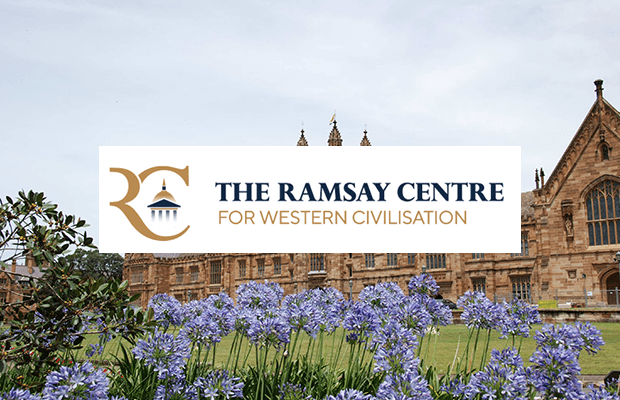Externally appointed Senate Fellow Ilana Atlas has not publicly declared a conflict of interest in Senate discussions surrounding the Ramsay Centre for Western Civilisation, despite being on the board of the Paul Ramsay Foundation. In an October Senate meeting last year, then Postgraduate Senate representative David Jordan declared a conflict of interest in discussions, noting that his relative, Elizabeth Stone, is on the board of the Centre.
A University spokesperson told Honi that “the Senate has been advised of Ilana Atlas’ position on the board of the Paul Ramsay foundation and it is listed on the Register of Interests. In addition, Ms Atlas declares the interest each time Senate is provided with an update on Ramsay Centre negotiations.”
However, the Register of Interests delineates a difference between advised and declared conflicts of interests, and Atlas’ position on the Foundation board is only listed as ‘advised’. It is standard practice for Senate Fellows to advise the Senate regarding positions they may hold off campus when they are appointed. There is nothing in publicly available Senate minutes indicating such a declaration, whilst David Jordan’s declaration of interest regarding the same issue is minuted on the public record.
Whilst the two organisations are somewhat separate entities, the two are intimately linked, as the $3 billion charity Paul Ramsay foundation funds the Ramsay Centre project.
Additionally, Michael Siddle, Peter Evans, and Tony Clarke — who are largely tasked with running the Ramsay empire following Paul Ramsay’s death in 2014 — all sit on both the Foundation board and the Centre board. Siddle and Evans also sit on the Ramsay Health Care board and Clarke did until recently, highlighting the significant links between all three Ramsay organisations.
Atlas served her first two year term on the Senate on 1 January 2015 to 30 November 2017, and is currently serving her second term as a Senate Fellow which began 1 December 2017 and ends on 30 November 2019. Atlas was appointed to the Paul Ramsay Foundation board in 2017, the same year that the Ramsay Centre began reaching out to a significant number of universities including the University of Sydney about running a degree in Western Civilisation.
Senior lecturer in English and Linguistics, Nick Riemer told Honi, “The Senate can’t make an impartial decision about Ramsay if one of its members is a Ramsay-insider. This conflict of interest is far from the most serious reason to oppose a Western Tradition program, but it represents another way in which the whole Ramsay proposal is deeply compromised. The right course of action is for the University management to finally listen to its humanities staff, withdraw its MoU and make public the content of the secret Senate discussions about the Ramsay Centre.”
SRC Education Officer, James Newbold told Honi, “As if we didn’t need another reason to oppose Ramsay, these gross corporate connections can be added to the ever-growing mountain of problems with the Ramsay program in Western Civilisation.”
The University of Wollongong (UoW) recently entered into a partnership with the Ramsay Centre with negotiations taking place in secret. UoW is set to begin offering the degree in Western Civilisation in 2020, despite a 28-16 vote by the UoW Academic Senate to formally object the fast tracked approval of the programme.
A spokesperson from the Centre told Honi two weeks ago that negotiations with the University of Sydney are “ongoing”, whilst failing to comment on specifics. There has been an eerie silence since last year regarding USyd and the Centre’s talks.
Any deal with the Ramsay Centre must pass through the Senate, USyd’s highest governing body.
This article and its title have been updated 4:19 pm, 9/4/19, to clarify the fact that Atlas’ advised conflict is publicly accessible on the University’s register of conflicts.





